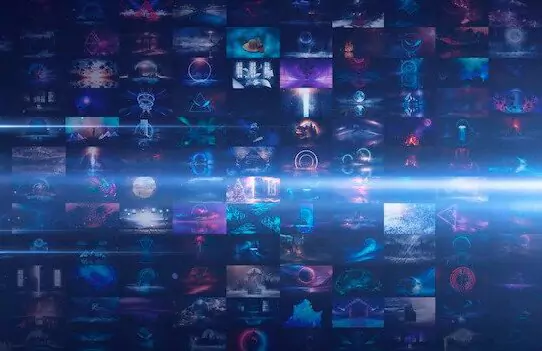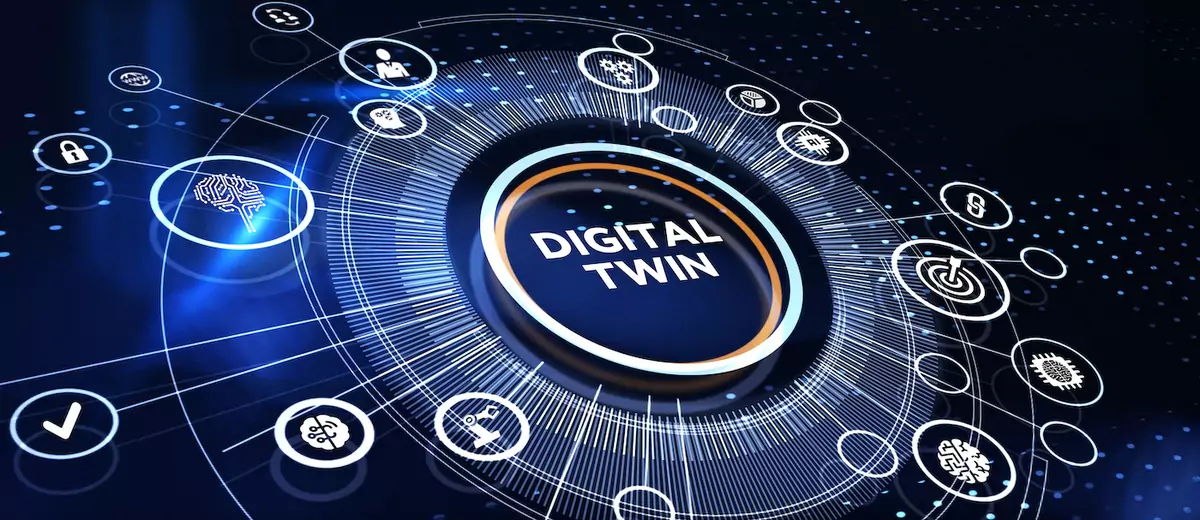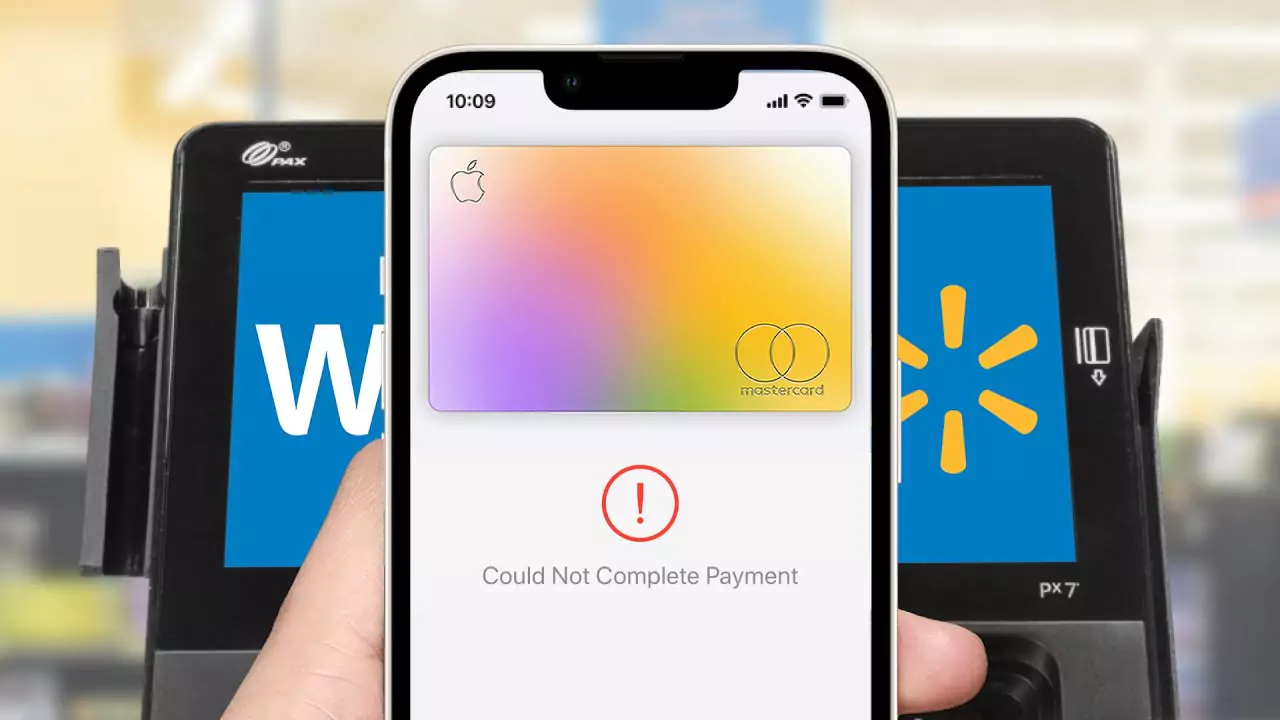As the universe of advanced resources keeps on developing, the rise of Non-Fungible Tokens (NFTs) has surprised the virtual world. NFTs are one-of-a-kind digital assets that represent ownership of a specific item or work of art. They have quickly become a topic of conversation in the gaming industry. NFT gaming collectibles can possibly change the gaming business, making another degree of energy and commitment for gamers around the world.
What is NFT?
Non-fungible tokens, or NFTs, are unique digital assets that cannot be duplicated. They are made with the help of blockchain technology, which makes it possible to make a safe, open ledger that checks ownership and authenticity. Dissimilar to customary digital currencies like Bitcoin or Ethereum, NFTs are not compatible, implying that everyone is novel and can’t be traded for one more of similar worth. NFT Smart contracts, which are self-executing arrangements in which the details of the understanding between the purchaser and vendor are straightforwardly composed into lines of code, are the apparatuses used to make NFTs. Smart contracts take into consideration the production of digital assets that are obviously scant and novel, making them ideal for gaming collectibles.
NFTs in Video games
Today’s generation is more devoted to their gaming PCs, Playstations, and mobile devices than ever before. They never look away from their digital screens, whereas previous generations continue to complain about the problem of gaming addiction faced by younger generations. Because of this, the gaming industry continues to expand on a daily basis due to the growing interest of the younger generation. As technology is redesigning and spreading its wings in pretty much every area, play-to-earn (P2E) games have assumed an extraordinary position on the web and definitely stand out enough to be noticed by gamers worldwide. Numerous unimaginable shifts have occurred in the gaming industry as a result of the introduction of digital tokens.
How do NFTs work in gaming?
NFTs are reforming the gaming industry by adding another layer of fervor and commitment for gamers. Players can invest a ton of energy in conventional games, opening accomplishments and getting in-game prizes. However, these rewards frequently lack tangible value and are often intangible. Then again, NFT gaming collectibles let gamers gather and exchange important, exceptional things that can be purchased, sold, or even utilized in different games.
Advantages of NFT Gaming Collectibles
There are a few advantages to gathering NFT gaming collectibles. Gathering NFTs, first and foremost, can be amazingly fulfilling, both monetarily and inwardly. Owning a rare or valuable NFT can be a source of pride and accomplishment in addition to the potential for significant financial gains. Furthermore, gathering NFTs can be a method for drawing in with the gaming local area and associating with different players who share comparable interests. Players can talk about and exchange their favorite collectibles in best NFT games’ active online communities. Lastly, supporting game developers and creators may be possible through the collection of NFTs. By buying and assembling NFTs, players are supporting the games and architects they love, helping with ensuring the returns with improvement and results of the gaming industry.
Types of NFT games
1. Play-to-earn games
Video games that allow players to earn real-world rewards are known as play-to-earn games. While individuals have been bringing in cash from playing computer games for the overwhelming majority of years through practices, for instance, “gold cultivating” an informal marketplace for in-game things, the development of blockchain technology and NFTs will change the games’ transparency. Unlike traditional games, users can freely sell the NFT outside of the platform where it was created once they own it. On any NFT marketplace for gaming collectibles, NFTs representing in-game items can be traded and sold for fiat currency. In addition, these NFTs have value in the real world due to their scarcity. With customary games, there’s no motivating force to play other than players’ happiness. The connection is one-sided, players pay for the game, and they will never be able to monetize their playtime unless users are professional esports players or a streamer with a large following. Blockchain gaming lets players earn real money.
2. In-game NFTs games
Any digital game with in-game assets represented by NFTs is an NFT game. In NFT games, players actually own their items as tokens stored in the NFT wallet, as opposed to simply using assets within the game ecosystem. Even if the game itself ends, only the owner can move, or delete their skins or other NFTs. Additionally, players can sell these items on secondary NFT marketplaces for real money or move them to other crypto wallets. In-game NFTs that are compatible with other games are even being tested in some projects. Both gamers and game designers can take advantage of this. NFT games aim to provide a more player-centered gaming ecosystem than traditional games, which gives players almost no control over their assets.
The future of NFT games
NFT gaming collectibles brought a new era to the world of the gaming industry. Their potential presently can’t seem to be completely understood. A few specialists anticipate that NFTs will turn into the norm for virtual thing proprietorship and exchanging within the following ten years. Cross-game compatibility is one of the most exciting new developments. Players will be able to use their interoperable virtual assets in multiple games as more games adopt NFTs. This permits players to make a more customized and novel gaming experience that isn’t restricted to a solitary game. A more dynamic and player-driven economy is made possible as a result, which ultimately results in a more engaging gaming experience. Players can build their own economy, buy and sell assets, and set their own economy, buy and sell assets, and set their own prices in NFT gaming. Finally, new gaming experiences could be created with NFTs. Games with distinctive gameplay and mechanics that make use of the advantages of blockchain technology are being developed specifically for NFTs by developers. Also, these games are transparent and give an equitable gaming experience.
Conclusion
NFT gaming collectibles can possibly reform the gaming industry, giving another degree of fervor and commitment to gamers around the world. By making remarkable, significant resources that can be purchased, sold, and exchanged, NFTs are changing our opinion on in-game prizes and collectibles. NFT gaming collectibles are poised to play an increasingly significant role in the gaming industry as the world of digital assets continues to evolve.





